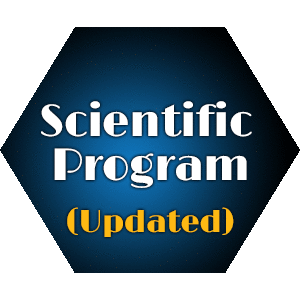
Rezarta Lalo
University of Vlore "Ismail Qemali", Albania
Title: Interprofessional education for collaboration for baccalaureate nursing students and health Information management students The impact of breast disorders and prenatal education on the prevalence of initial breastfeeding difficulties among postpartum women in the district of Vlorë
Biography
Biography: Rezarta Lalo
Abstract
Breastfeeding is a very important process with tremendous health benefits to both mother and child. Despite the measures adopted, it may be associated with difficulties and disorders that can result from lack of knowledge, poor technical skills, or lack of support and prenatal education. This study aims to assess the impact of breast disorders and prenatal education on the prevalence of initial breastfeeding difficulties among postpartum women in the district of Vlorë. It is a cross-sectional study conducted in maternity wards of Regional Hospital in Vlore during the period September-December 2017. The study included 300 mother-baby pairs, selected randomly in the first 18 to 48 hours postpartum. The data collection instrument included the sucking evaluation file, filled out by the direct observation of breastfeeding. The data was analyzed using the statistical program SAS 9.13 version, with p<0.05 statistically significant. 11% of babies did not breastfeed within the first 2 hours and 3% after 2 hours or more. The main factors were inadequate attachment of the baby to the breast (21%), baby was not interested to breasts’ contact (18.7%) and breast disorders (31%). Regarding breast problems predominate inflamed nipples (38.4%). Variables associated with postparturm breast disorders were mothers of the age group 20-25 (p=0.045), supplement provision to the newborn at the hospital (p=0.003) and lack of prenatal education (p=0.001). Insufficient information about breastfeeding techniques identifies the need for pre and postnatal effective education in order to prevent and treat these problems.

